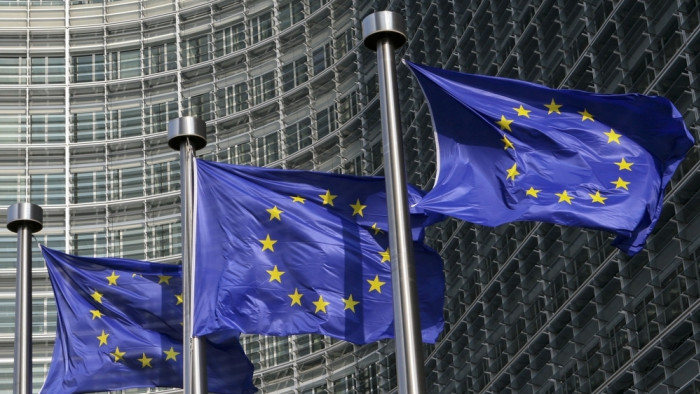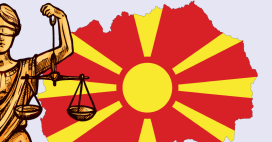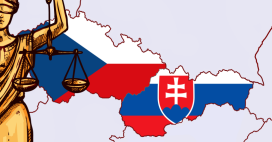
2019 is a big year for the EU with European Parliament elections in May and the appointment of a new Commission later in the year. As in previous election cycles, this presents a key window in which to seek to inform the EU’s priorities in the area of criminal justice.
It is also taking place in a challenging political climate in Europe. The shared values that underpin the EU face unprecedented threat from populist, nationalist and anti-minority movements. The rule of law is in crisis in some Member States, notably Poland and Hungary. Governments are strangling independent civil society and free speech to prevent independent critique of and opposition to policies that violate human rights and the rule of law. The austerity agenda has starved investment in fair and effective criminal justice. Despite the significant progress that has been made, it is important that the EU institutions respond to these threats.
Working with JUSTICIA and LEAP, we have identified a few key points on which to focus and have produced a statement on future priorities for EU criminal justice, which you can download here.
We want to see the following as priorities:
- Effective implementation of the EU laws that have been introduced;
- New legislation to finish what they started with the original roadmap;
- The tackling of emerging issues and long-standing challenges like discrimination and trial waivers; and
- An increase in the Commission’s capacity, to help the above become a reality.
Members of the JUSTICIA European Rights Network are: Open Society Justice Initiative, Ludwig Boltzmann Institute, Bulgarian Helsinki Committee, Croatian Law Center, Civil Rights Defenders, Res Publica, Hungarian Helsinki Committee, Greek Helsinki Monitor, Irish Council for Civil Liberties, Czech League of Human Rights, Statewatch, Human Rights Centre, KISA, Antigone, Human Rights Monitoring Institute, Netherlands Helsinki Committee, Helsinki Foundation for Human Rights, APADOR, The Peace Institute, Rights International Spain.
This publication has been produced with the financial support of the Justice Programme of the European Union. The contents of this publication are the sole responsibility of Fair Trials and can in no way be taken to reflect the views of the European Commission.


